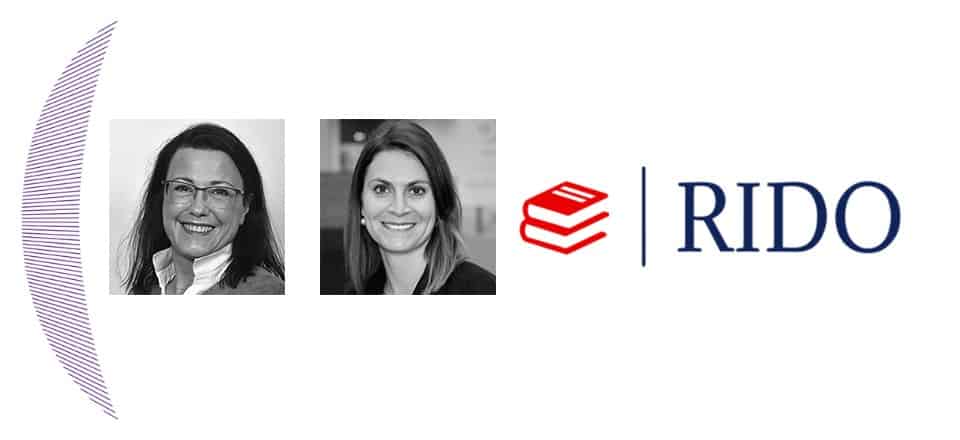Creation of RIDO, a new academic-research journal
Published on 03/16/2022
Thematics :
Creation of RIDO, a new academic-research journal
Published on 03/16/2022
Two research professors, including Caroline ANDRE, professor at NEOMA, are behind the creation of RIDO, the new Revue Interdisciplinaire Droit et Organisations (Law and Organisations Interdisciplinary Journal).
Sharing the ideas and aspirations of researchers, experts and practitioners who believe that research ought to be increasingly shared and interdisciplinary, the founders Brigitte PEREIRA, Law professor and Phd director at EM Normandie (Editor in chief), and Caroline ANDRE, Law professor at NEOMA (assistant editor-in-chief), have the strong desire to open up research in law to all other disciplines. Once the idea had been set out, they spent two years working on the creation of a journal that seeks to initiate dialogue between all researchers.
A multi and interdisciplinary scientific committee of thirty or so university professors, lecturers and doctors, plus experts in law, management science, political science, philosophy, economics, sociology, geography and geopolitics, was set up. The high calibre of the committee members is a direct result of the sharing of topics on people and organisations.
This scientific journal therefore publishes original articles on law and other disciplines in the field of social science, economics, politics, management, geopolitics and philosophy. The principal aim of the journal is to promote interdisciplinary and trans-disciplinary research on organisations.
The intellectual process RIDO supports aims to open up debate amongst researchers and thereby develop an intelligible legal perspective and improve research methods into organisational practices through a comparative, even transversal approach. The intention is to enhance teaching methods. By widening the scope of the disciplines, the RIDO (Revue Interdisciplinaire Droit et Organisations) aims to promote the coexistence and complementarity of the diversity of views on the organisation.
The first issue of RIDO was published on 22nd November 2021 and the second is due for the end of April 2022. 3 issues are set to be published per year, featuring a maximum 5 or 6 articles. Special issues on specific themes or topics are planned, suggested by the journal or by authors. For example, RIDO has announced a call for papers on Organisations and Disruptive Technologies. Each article sent for publication (about 20 pages) is submitted to a reading committee and assessed by at least two blind reviewers.
Access to RIDO is free because sharing knowledge improves progress. RIDO therefore invites all researchers and experts to propose contributions.
www.revue-rido.com
